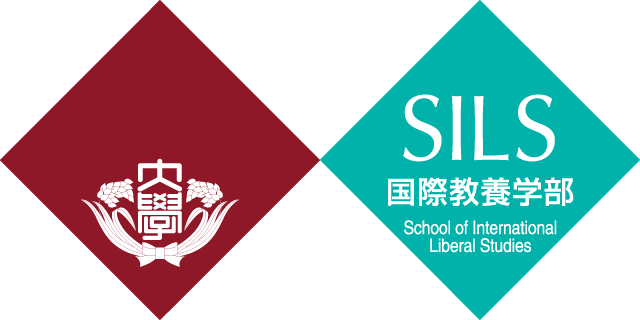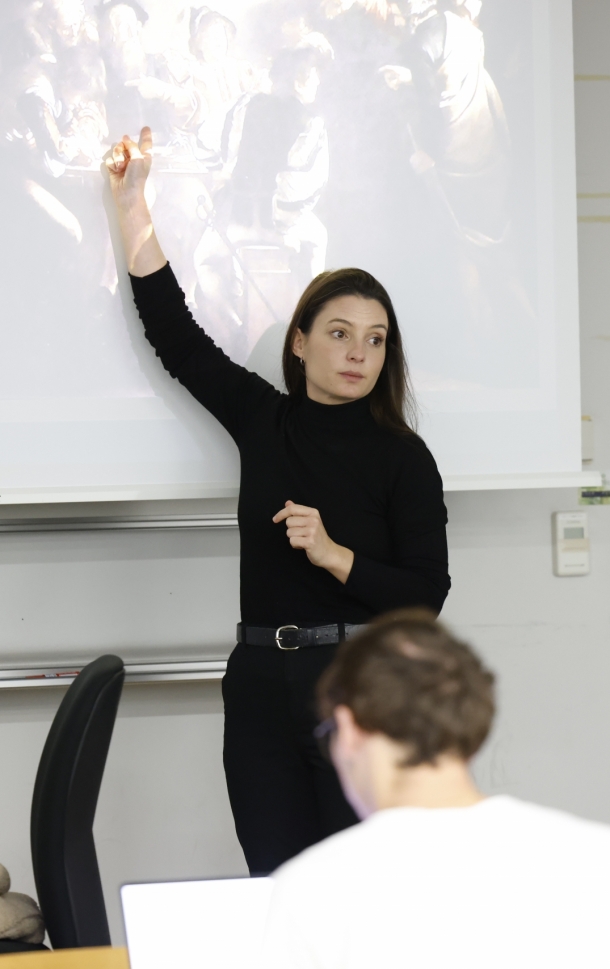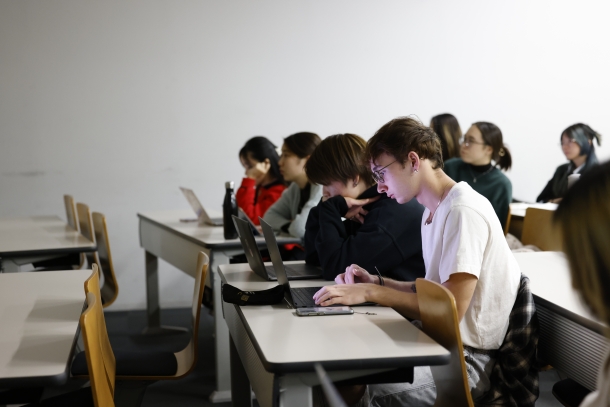- ニュース
- 授業紹介:APM- Introduction to Spain and Latin America; History, Society and Culture 51
授業紹介:APM- Introduction to Spain and Latin America; History, Society and Culture 51
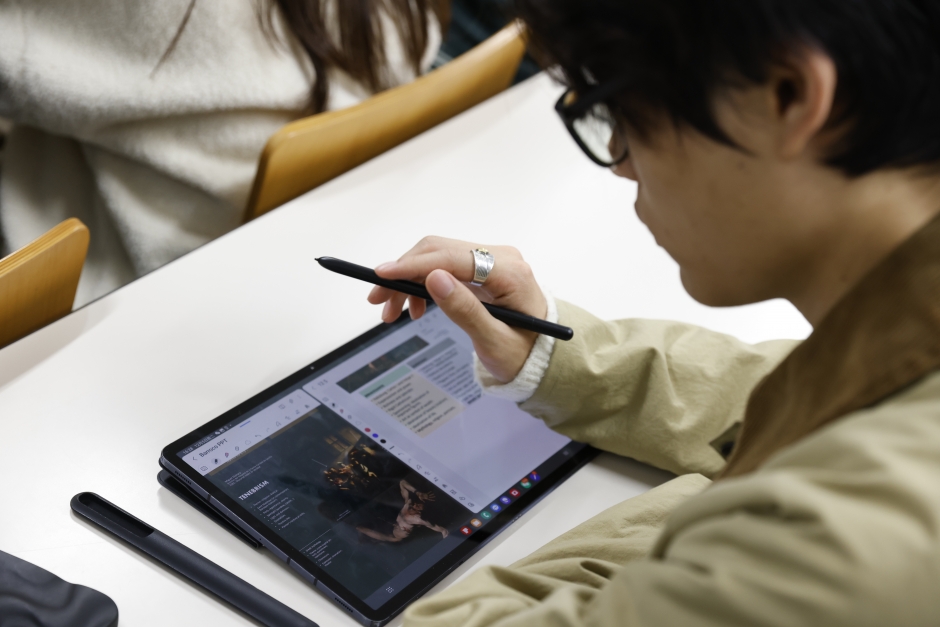
- Posted
- 2023年12月27日(水)
― Without understanding each other’s cultures in this rapidly growing world, it becomes difficult to appropriately interact with others―
“APM – Introduction to Spain and Latin America; History, Society and Culture” course is one of the APM courses offered at SILS. This APM (Area Studies and Plurilingual-Multicultural education) course focuses on different art forms such as architecture and artworks to see the social, cultural, and historical perspective of Spain and Latin America. The lectures enable us to learn how and why understanding history, culture, and society is important for us to foster good international relations between people and countries using Spain and Latin America.
The course teaches about the history, culture, and society of Spain and the Latin American countries, as the title of the course suggests, but it is much more than that. From the early civilizations like the Mayans to different artistic and cultural periods like the Renaissance, this course helps me to learn about the impact of cultures or lifestyles throughout history and how the artworks and architectures reflect those impacts. Like me, if you knew only parts of history or context of these periods, I believe that this course will help you enhance your knowledge and even recognize a whole new perspective to what you may know.
This course is discussion based and it is extremely engaging for me and my peers. The questions that our professor poses to us throughout the course, or the lectures, helps us to ponder and to provide our opinions about the artworks or the architectures. For example, we would look at a specific art piece from a historical period and be asked questions such as, “How does the theme or the techniques reflect the artistic period?” or, “How does the painting reflect the historical context?” The discussions derived from those questions helped me to see various opinions or perspectives from my classmates that I did not think before they mentioned it, too.
Besides the discussions, the forums and the exercises that are provided to us are insightful and intriguing. One exercise we have done was to research colonial art in Latin American countries and to see the influences from Spain on the artworks. The forums and the exercises teach us research skills and establish our knowledge of diverse topics regarding Spain and Latin America. I believe that as a student, research skills are vital to learn and to present your knowledge to your classmates. With that in mind, by being able to research through the exercises or forums, it helps you to be able to efficiently find and learn the information you want to discuss about. By being able to build research skills through these forums or exercises, I have been able to apply those skills outside of class and I believe that I can continue to use those skills in the future.
I have always been interested in art and culture. I never had a chance to properly see how various forms of art reflect the time they are from before taking this course. Now that I took this course, I not only learned how the art reflects the time they are from but also how learning about art and culture makes us acknowledge and learn the importance of understanding the socio-historical context to enhance international relations. As students of SILS, it is crucial for us to understand cultures or different societies in the world around us. Without understanding each other’s cultures in this rapidly growing world, it becomes difficult to appropriately interact with others. I believe that by taking this course and by learning something new at every lecture, I was able to see that value and how important it is for us to apply what we learn to our future.
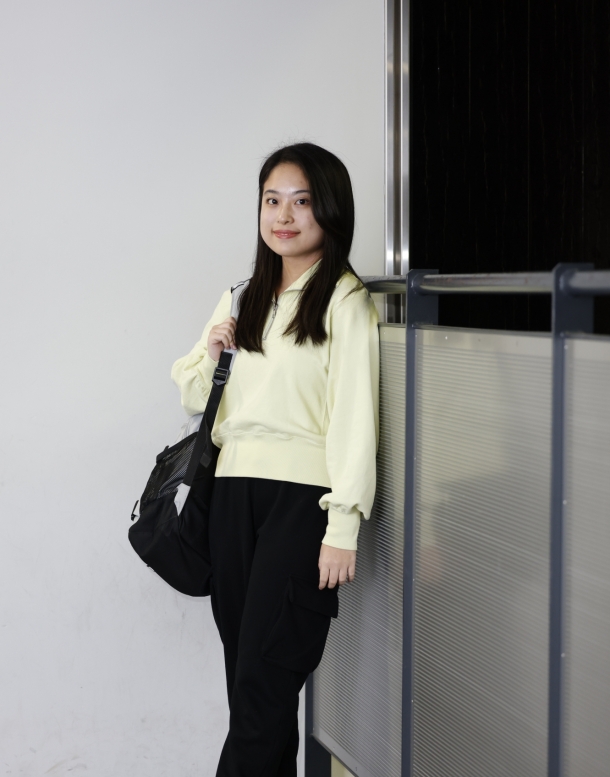 |
This article is written by…
原田 杏 ティファニー
|
||||
※この記事は2023年12月時点のものです。
※この科目は毎学期開講されない場合があります。
